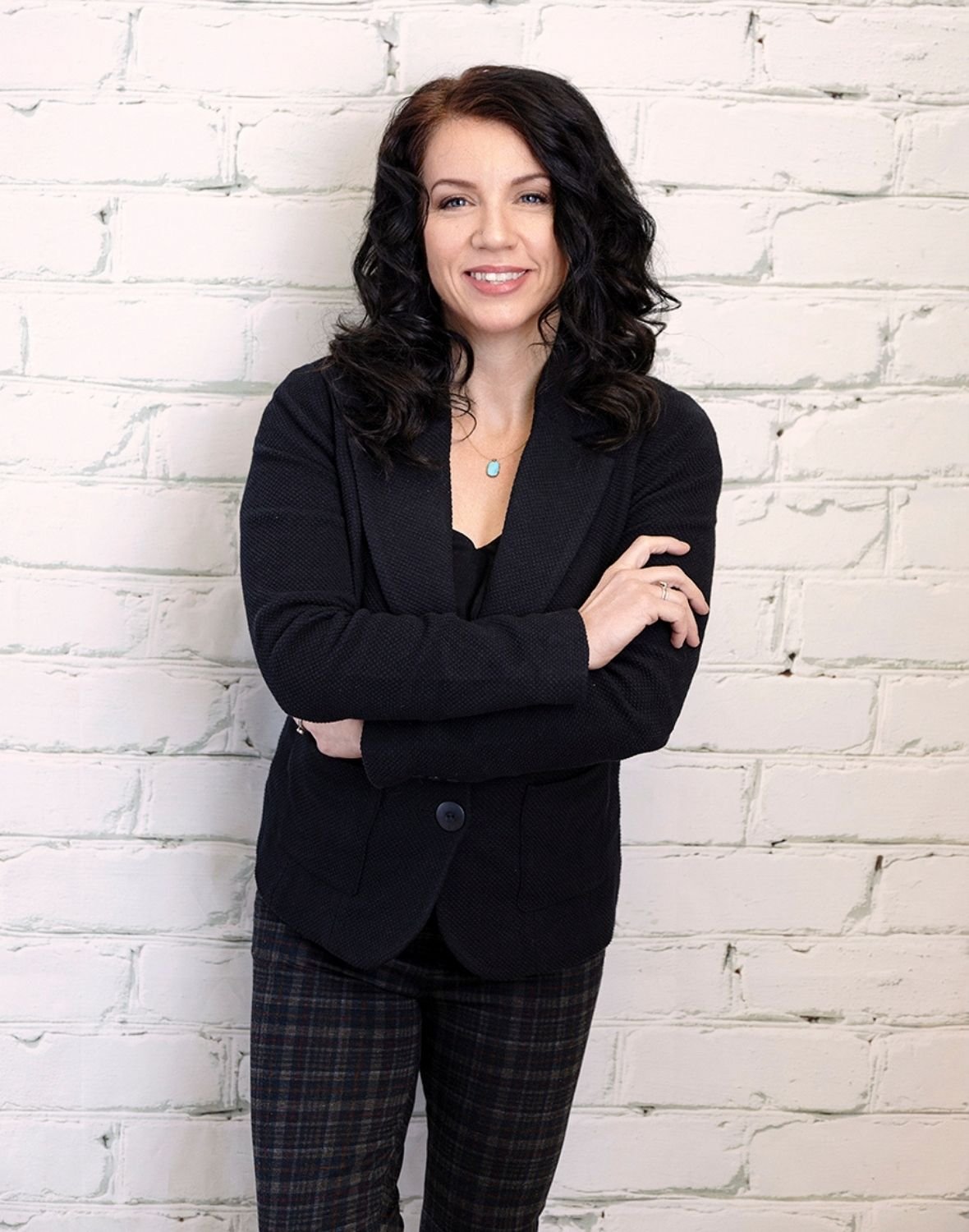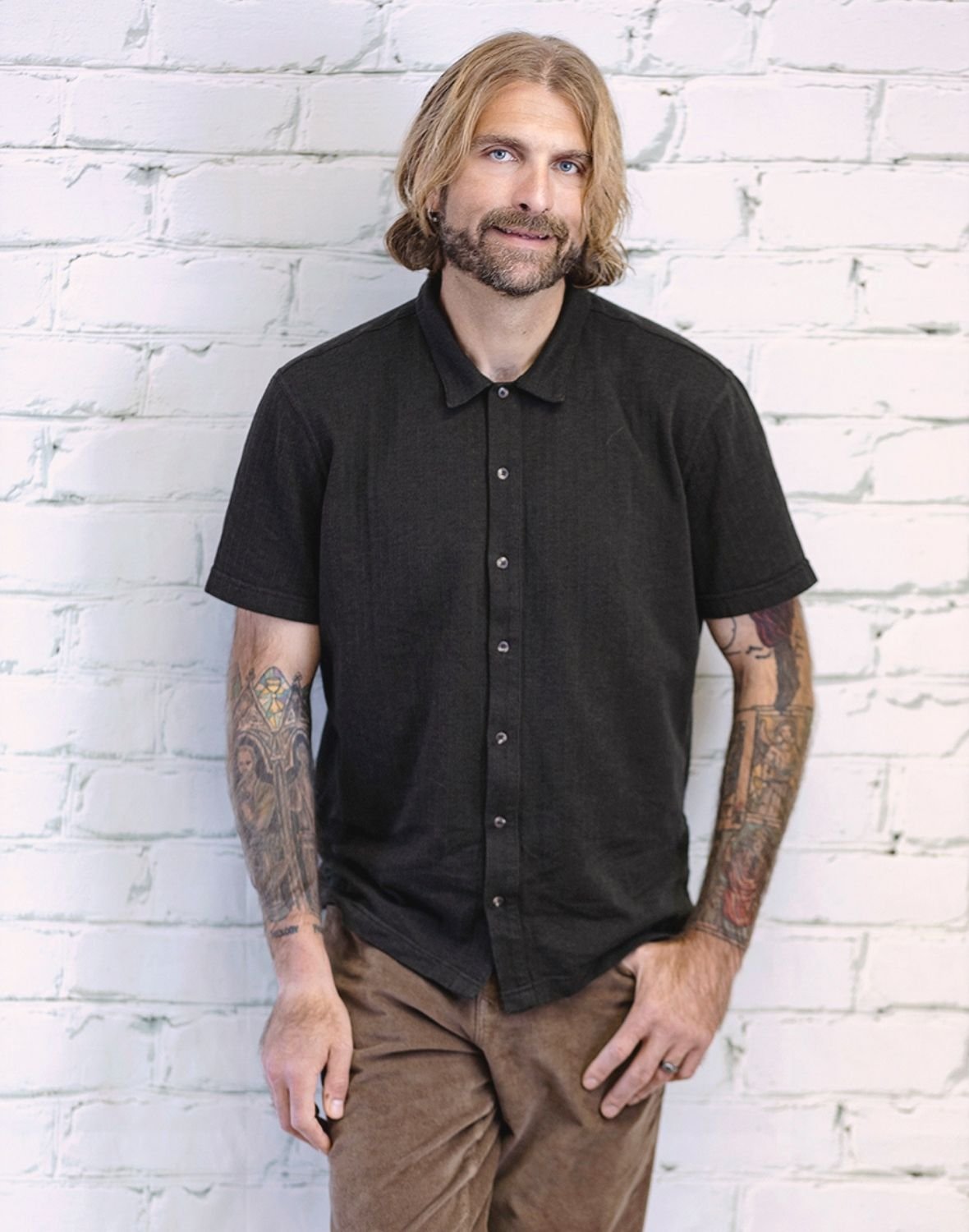The relationship
yes! test
The checklist for healthy relationships
The Relationship Yes! Test™ is a simple, five question checklist based on the five essential ingredients for a healthy relationship. It provides quick, accurate information about the current health of your relationship.
It enables those with a past history of trauma or painful experiences from childhood to identify what’s working (and what might not be working) in your relationships.
If you grew up without good relationship role models, it can be very difficult to recognize characteristics of a healthy relationship.
Growing up without seeing what healthy relationships look like makes us more likely to end up in toxic relationships in adulthood. These kinds of unhealthy relationships make it even more confusing and difficult to know what makes a relationship healthy.
If you’ve recently gotten out of an unhealthy, toxic, or abusive relationship and you’re beginning to date again, you may wonder whether your new relationship is healthy. The Relationship Yes! Test will help you recognize the signs of a healthy relationship.
This Healthy Relationship Checklist highlights the five essential ingredients for a healthy relationship. When you know what to look for in a new relationship, it’s easier to see whether this relationship has potential to be good for you … or not.
And if you’re someone who’s been in a relationship for a while and you’re feeling like there’s something missing in your relationship … or like something is off about your relationship, the Yes! Test can give you clarity about what might be missing and point you in a direction of possible growth in your relationship.
The Relationship
Yes! Test
The Five Questions:
1. If you lean on your partner, are you confident they’ll have your back? Are you comfortable asking your partner for help?
2. Do you feel like your needs truly matter to your partner? Is there room in your relationship for your needs to take up space?
3. Does it seem like your partner really gets you and loves you for who you truly are? Are you able to be your full, authentic self in your relationship?
4. Are your feelings welcome in your relationship? Are you able to share your difficult emotions and trust your partner will empathize with you?
5. Are you happy in your relationship as it is right now? If your partner doesn’t change a thing, would you be happy in this relationship five years from now?
Scoring
For each of the five questions above, count each question you were able to respond to with an enthusiastic Yes!
that’s your score. scores range from 0-5.
Results
Score: 5
Your relationship is flourishing. It’s not only a healthy relationship—it’s also a healing relationship. You feel safe expressing your needs, you’re able to lean on your partner for support and trust they’ll be there for you. You feel free to let down your guard and just be yourself in your relationship. You’re able to express your whole range of feelings and trust that your partner will be there for you. This relationship has everything that’s needed for healing core wounds from childhood.
Score: 4
Your relationship is thriving. You’re able to express yourself in your relationship and trust that your partner will be responsive to you. You and your partner work well together and value the health of your relationship. To continue growing together, your next step may be to build on your strengths to develop the one missing quality of flourishing relationships.
Score: 3
Your relationship has encouraging potential. By and large, your relationship displays traits of a healthy relationship, although a few areas would benefit from careful attention. Growing deeper roots will enable your relationship to fully begin to bloom. Because your relationship is stable overall, you’ll likely be able to work together to address areas of concern.
Score: 2
Your relationship has positive qualities. It also has room for growth. Strengthening your relationship means focusing on areas of growth, so you can get your relationship to a better place. You can continue to nurture the positive qualities in your relationship as you also start addressing the essential qualities of healthy relationships that are currently missing from your relationship.
Score: 0-1
Your relationship is struggling. You’re currently missing several essential elements of a healthy relationship. This doesn’t mean your relationship is broken. It just means that it’s probably time for you to pay more attention to what’s not working. This will help you gain a clearer sense for your future direction, as you explore ways to make changes that will benefit yourself and your relationship.
How to Use
Your Results
The Relationship Yes! Test is an assessment of the current health of your relationship. It’s not intended to diagnose your whole relationship as healthy or unhealthy. Instead, it helps you understand what might be missing, so you can know what areas of your relationship need attention in order to improve your overall level of satisfaction.
The five questions on the Yes! Test measure the five essential qualities of a healthy relationship:
feeling supported
feeling cared for
feeling seen and loved for who you truly are
feeling understood
feeling connected
When one or more of these qualities is missing, you may feel like something’s off in your relationship … even when you can’t put your finger on what it is exactly.
We often work with people who are unhappy or dissatisfied with their relationships but have trouble pinpointing why. Sometimes, people describe it as something missing. Or they’ll describe a feeling of disconnection, a lack of intimacy, or difficulty communicating. But without the clarity of the five Yes! Test questions, it can be difficult to understand—much less communicate about or try to fix—what’s going wrong.
Here’s an example. Sam* (not his real name) came to me to try to understand why he was so unhappy in his marriage. Something felt very off in his relationship but he couldn’t figure out what it was exactly. He and his wife had been in couples therapy but said that their couples therapist seemed perplexed by his unhappiness because they seemed get along well.
Sam and his wife rarely argued and they were both motivated to improve the relationship. The therapist told Sam that things seemed pretty good in their marriage and she wasn’t sure she could help them. Sam came to see me because he was still deeply unhappy in his marriage and had started to worry that there was something fundamentally wrong with him that made him incapable of being happy in a relationship.
Do you want to guess what his score on the Relationship Yes! Test was? It was 1.
His score was solidly in the “your relationship is struggling” range. He gave an enthusiastic yes to Question 1. When he had a concrete problem he needed help with, he knew 100% that his wife would be there for him.
With the rest of the questions, Sam hesitated a lot. He had trouble expressing what he needed in his marriage. He didn’t feel like he could be his whole self in his marriage. Instead, he described feeling like he needed to shrink himself down in order to fit into the role he played as husband. And he couldn’t imagine staying in the relationship for five more years if something didn’t change.
Without the aid of the five questions on the Yes! Test, Sam hadn’t been able to put into words what felt off in his relationship. And because he and his wife were both well-meaning people who valued their marriage and communicated well about daily life, their couples therapist missed the deeper relationship problems that went below the surface.
The questions on the Relationship Yes! Test helped him understand why he felt disconnected from his wife and gave him the language to start talking about what needed to change for the relationship to work. For Sam this meant recognizing how childhood trauma had affected him and made it difficult for him to express his needs and preferences in his relationship. He also needed to learn how to show up in his relationship as his whole self, rather than trying to fit himself into a role of who he thought his wife wanted him to be.
Another way to think of the Yes! Test is that it functions like thermometer for your relationship. Just as a thermometer can detect a fever but it can’t tell you why you have a fever, the Yes! Test points out areas of your relationship that need more attention and curiosity.
For Melissa* (again not her real name), discovering that she scored a 2 on the Yes! Test felt like a big sigh of relief. She finally felt validated in her sense that there were problems in her relationship. You see, her partner’s approach to relationships was very different from hers. While she valued having deep conversations and addressing problems that came up in the relationship—and making sure they were on the same page—her partner preferred keeping things calm in the relationship, avoiding conflict when possible and not rocking the boat by venturing into conversations where the outcome was unknown. When she tried to bring up issues in their relationship, he often got frustrated or angry, which caused her to shut down.
Melissa was particularly struck by the realization that talking about her feelings with her partner never helped her feel better, because he wasn’t able to empathize with her feelings, even though he deeply cared about her and wanted her to be happy.
The clarity provided by the Yes! Test allowed Melissa to feel more confident in asking for things to change in their marriage. They began working on understanding how each of them carried painful experiences from childhood that had impacted their relationship, which was the first step toward building the essential elements that had been missing in their relationship.
The Relationship Yes! Test helps you get to the root of relationship communication problems and issues with intimacy in relationships because it highlights the underlying causes of issues with communication and emotional intimacy. This means that any relationship work you do in the areas of communication and emotional intimacy will be far more effective because you understand the underlying causes of those problems.
And it can give you the language you need to talk with your partner about what you’d like to work on in your relationship.
The good news is that the five essential qualities of healthy relationships are qualities we can all develop in our relationships, when we approach them intentionally and with the proper tools.
Get your free guide to using the Relationship Yes! Test to improve your own relationships.
Get Relationship advice delivered to your inbox.
about us
We help those with painful childhood experiences to heal your relationship with yourself, deeply connect with others, and learn the skills for having fulfilling relationships.
We’re the creators of the Five Relationship Archetypes. We’re also the hosts of the Alchemy of Connection podcast and the creators of the Relationship Yes! Test.
We founded the Institute for Trauma Informed Relationships to provide certification and consultation to therapists and coaches in Trauma Informed Relationship Counseling for Individuals and Couples.
Angela Amias, LCSW
Fulfilling relationships are an essential part of living a good life and yet, many of us (perhaps even most of us) have core wounds from childhood experiences that affect our ability to have the kinds of intimate relationships in adulthood that we long to have. As a licensed therapist, I’ve worked with hundreds of individuals and couples to help them heal past trauma and create more meaningful, satisfying relationships with themselves and with intimate partners.
Alongside Daniel, I developed the Five Relationship Archetypes as a model that reflects the different ways that childhood relationship trauma impacts our adult relationships. This model takes into account our unique and inborn temperaments as well as the kinds of messages we internalize during childhood—about ourselves and how we need to be in order to have relationships with others. And, more importantly, it lays out a path toward healing, by first helping you reconnect with the parts of yourself that you lost along the way … parts that weren’t accepted or safe to express when you were growing up.
It’s my belief that difficult experiences break us open to become more of who we are meant to be. As a trauma survivor myself, and as a therapist, I’ve made it my mission to walk alongside others as you find your path toward healing and discovering a life of more meaning and joy.
I’ve been a featured relationship expert in many publications, including Today, Oprah, Cosmopolitan, Well + Good, The Independent, Salon, Inc., Forbes, Toronto Sun, Women’s Health, Refinery29, and many others.
You can read my full bio HERE.
Daniel Boscaljon, PHD
The most important relationship you’ll ever have is the one you have with yourself. It’s also true that your connections with others can never be better than your relationship with yourself, which is why healing painful or traumatic experiences from childhood is such a vital part of having meaningful, satisfying relationships in adulthood.
My own personal search for how to cultivate a meaningful life came after years of feeling disconnected from others and from myself. Though I entered graduate school focused on the intellectual aspects of earning a PhD in Religious Studies (and then another one in English), I discovered along the way how to use what I learned to repair the inner fractures of my own life. As I reconnected with myself, I found that I was better able to connect with others as well.
As an award-winning teacher with over twenty year of experience working with individuals and couples, my mission is to translate theories of love into practical guidance that helps you create meaningful, fulfilling relationships. I’ve presented internationally on the topics of love and intimacy.
As a relationship expert, I’ve been featured in many publications, including NBC News, Newsweek, Harper’s Bazaar, MindBodyGreen, Forbes, Salon, Fast Company, Business Insider, Fatherly, and AskMen.
What’s Your Relationship Archetype?
Take the Five Relationship Archetypes quiz and find out how to use your unique gifts to create deeper, more satisfying relationships.






































